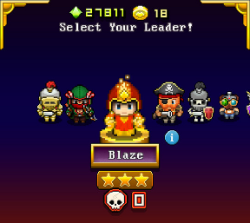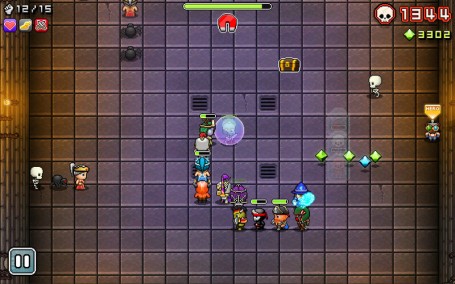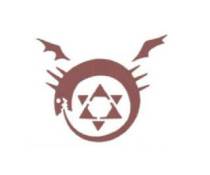Why is it that it takes years and years of training to become a doctor, and only a name to become a politician? Doubtless, most of us have wondered that before. And doubtless, most come up with the conclusion that, well, doctors hold our lives on the line. One mistake and the patient might die. Politicians though, they’re not holding scalpels to our chests, so it’s alright if they screw it up. That’s our self-centered view of the issue at hand. To us humans, our little lives are more important than the Nation, than the structure of the community that we all live in. Selfish but human.
Watching Grey’s Anatomy and Game of Thrones side-by-side can be quite interesting for two reasons. One: the amount of blood and gore can make you hide behind your sheets. Two: you can make a sort of comparative analysis on medicine and governance, and the people involved in them. the surgeons from Grey’s Anatomy undergo rigorous training, and make difficult, sensitive decisions to save lives.
Dr. Yang graduated top of her class in Stanford, practices non-stop, and works very hard to prepare herself for surgery. Joffrey Baratheon sits idly in his chair thinking about ways to torture people to prepare himself for ruling the seven kingdoms of Westeros.
While it’s true that when Dr. Yang made a mistake using the wrong kind of stitch on a patient, he died,
it is also true that when reckless Joffrey Baratheon couldn’t take a stupid little insult, he ordered his men to slaughter hundreds of innocents. People died all the same. But who caused more people to die? to suffer?
Game of Thrones is set on a different world in a different time, but take a look and you’ll see that their politics is no different from ours, here in the Philippines. Baratheons rule there, and certain names rule here.
I am not undermining the importance of medicine, or the training required for them. No, I am simply questioning why governance should be any different. Doctors hold individual lives in their hands. Politicians hold nations in theirs, nations with complicated structures, histories, and laws, nations involving millions of people. It’s just a wonder why the requirements for being a political figure is a whole lot less than a doctor’s.
Democracy, the current form of government we have, took years to establish. In fact, democracy is more than a thousand years older than our country. Its lifespan far out-ranks that of any man or woman. It has undergone lots of changes, improvements, to suit the needs of man, of society, of the nation. It is important. And it should not be left in the hands of people like Joffrey Baratheon, who think that they’re good enough to lead just because they have the Baratheon surname or because they’ve been sitting and watching their parents govern.
 Interns and Residents of surgery do not get to operate solo until they’ve scrubbed in and assisted on several surgeries. They don’t get to perform surgery just because they’ve watched it done a lot of times. They need to practice, to prove their worth. Even attendings, the big-wigs, the ones who have gone through it all still need to prep themselves before every surgery. They need to know the patient history, what he ate, what he felt, and so on. See where I’m going here?
Interns and Residents of surgery do not get to operate solo until they’ve scrubbed in and assisted on several surgeries. They don’t get to perform surgery just because they’ve watched it done a lot of times. They need to practice, to prove their worth. Even attendings, the big-wigs, the ones who have gone through it all still need to prep themselves before every surgery. They need to know the patient history, what he ate, what he felt, and so on. See where I’m going here?
I doubt that people will actually and honestly see how much governance is as (or more) important as medicine. I, myself, find it hard to give a damn about what the senate is doing while I get on with my daily life sometimes. It feels foreign. It feels like it’s outside of my life, so it doesn’t concern me. But it does. And more than that, it concerns so much more than li’l old me. So no, I don’t want poorly trained Joffrey Baratheon to lead my long-established government, rule my nation of millions, or make decisions for the laws, institutions, and structures that affect my life. I want a well-trained surgeon (not literally, of course) to do that. Because our measly little lives are short-term compared to the long-term government that needs guidance and improvement, continuously.
So yeah, something to think about. Thanks for reading and munch on!








